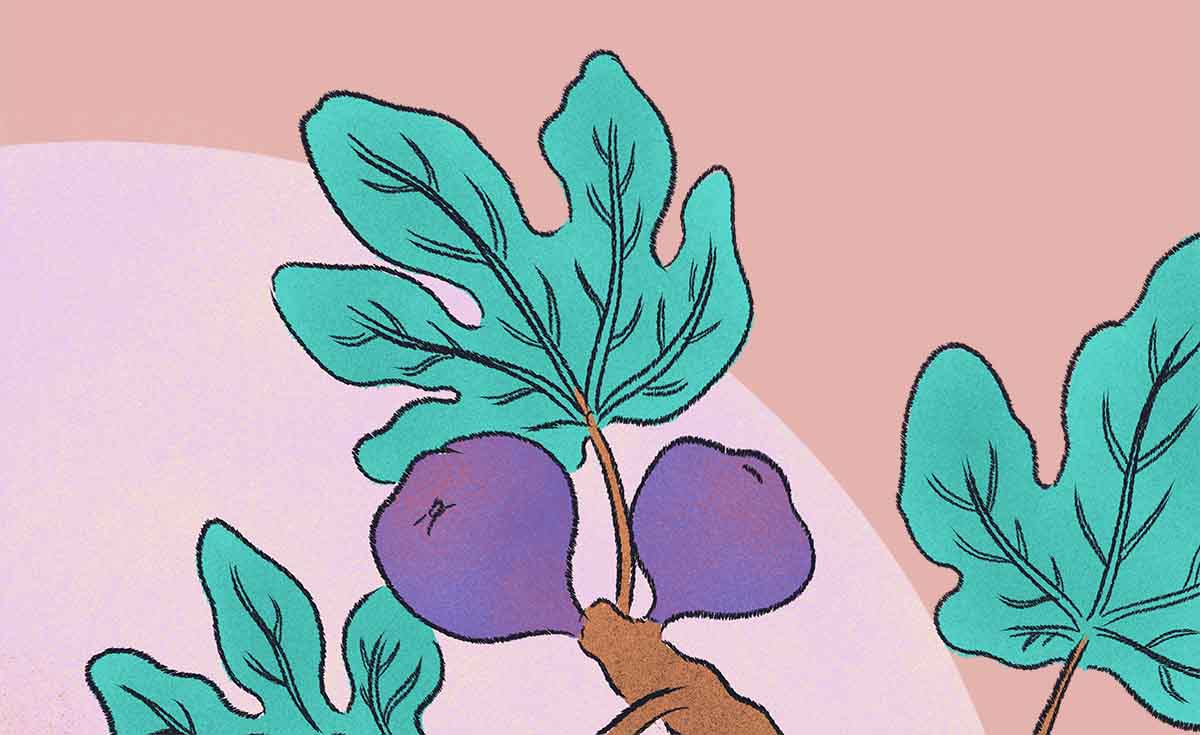
Zu allen Veranstaltungen
Dance Workshop Collective Body (-ies) – especially for BIPoCs and people with experience of migration
Workshop auf ENGLISCH mit Sara Rodríguez Lugo
Ort nach Anmeldung
Barrierefreiheit: Nicht barrierefrei (der Workshop)
10:30-13.00 Uhr
Workshop
Dancing represents a big part of the cultural archive and collective memory in the Global South and the diaspora. It has been historically used by communities to tell stories of resistance against marginalization, inequality and erasure. This workshop offers a safe(r) space to reflect on the relationship between body(-ies), dancing and community building as political practice. We will re-center community as practice of resistance by exchanging on the meanings and experiences each participant attach to this concept.
We will acknowledge, explore and embody diverse rhythms and dance styles coming from Latin America that are deeply rooted in collective action, joy, struggle and resistance. This journey through sounds and places will involve bodily awareness and interaction with others through jiggling, shaking, breathing, and isolating movements of the hips and chest.
All genders are welcome. BIPoC and people with a migration background are especially encouraged to join.
No previous experience in dancing is needed. Please bring hydration and comfortable/loose clothes.
The workshop location will be shared after registration.
ℹ️ Die Veranstaltung ist wie alle Veranstaltungen der WWgR kostenlos zugänglich. Für die Teilnahme ist eine Anmeldung erforderlich.
🎉 Sei dabei! Wir freuen uns auf Dich!
About Sara
Sara Rodriguez Lugo is a Colombian social worker and dancer. She holds a masters degree in International Social Work with Refugees and Sara Rodríguez Lugo was born in Bogotá, Colombia. She is a social worker and dancer living in Germany. She holds a masters degree in International Social Work with Refugees and Migrants. Her research and artistic practice focus on the potential of embodied arts in community building and in the work with migrant(-ized) people.
She considers dancing to be a cultural, community-based practice which, in the place she comes from, is deeply rooted in collective resistance. Her dance classes seek to be safe(r) spaces to reflect on the individualistic and competitive approaches that rule the mainstream dance scene. Acknowledging the history(-ies) and background of the dance styles also has a relevant role in this process.
As a woman from the Global South living in Germany, dancing has become a mechanism for her to talk about her lived experiences of migration and the individual and collective struggles connected to living in the Global North. Her artistic practice also became a platform for her to talk about neo-colonialism(s) and marginalization in her home country.
